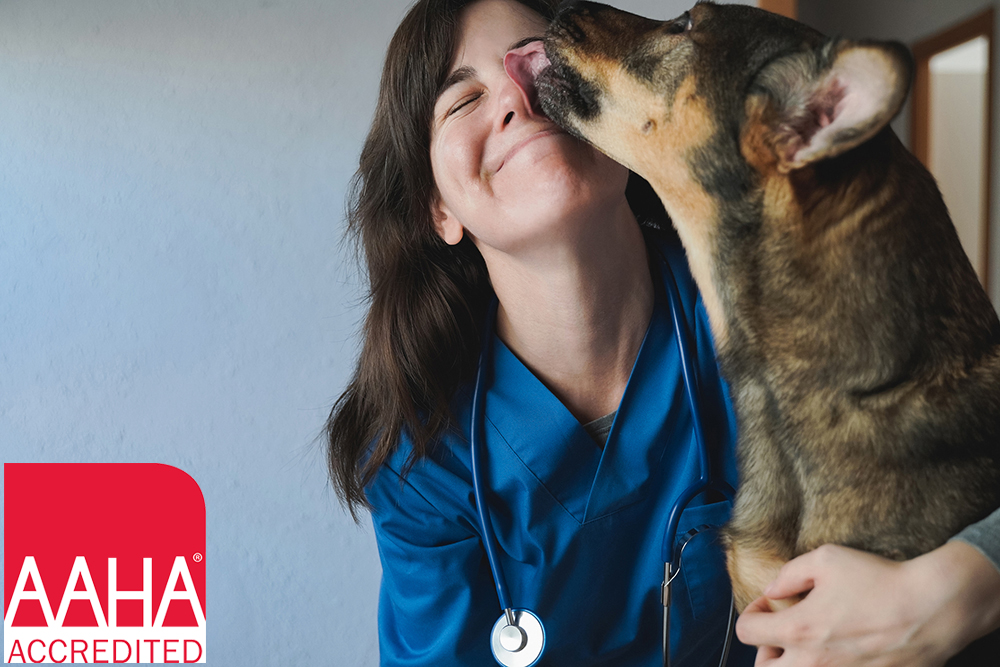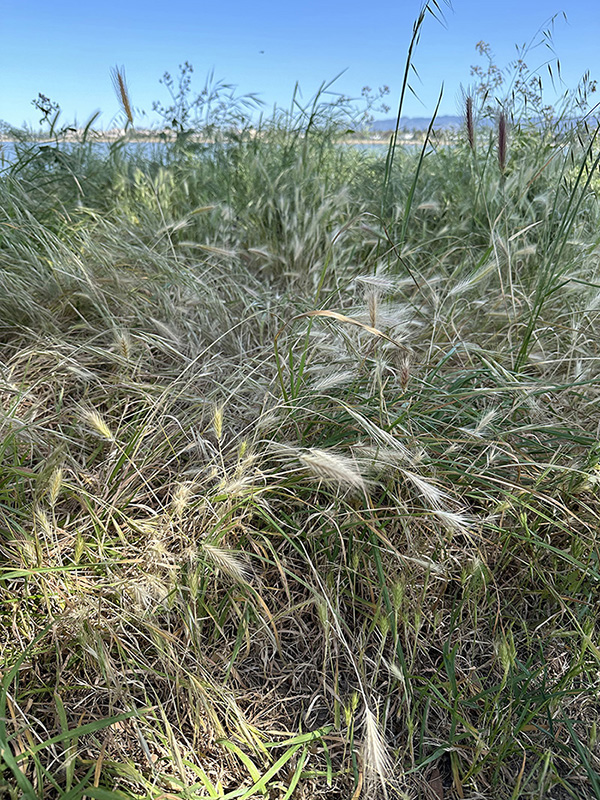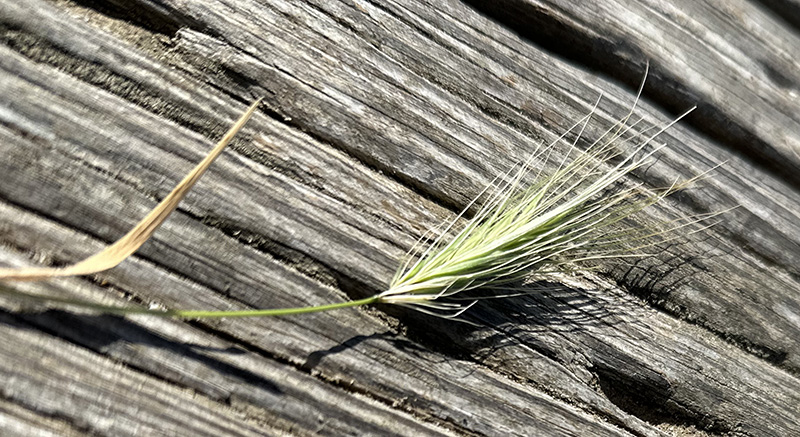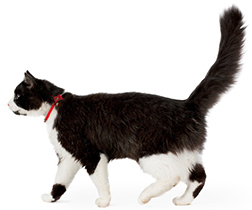

Our entire staff at Alameda Pet Hospital is proud to announce that we have passed our AAHA accreditation! Our hospital has been accredited for the past 19 years!
AAHA Accreditation for Veterinary Practices
The American Animal Hospital Association (AAHA) accreditation is a prestigious designation that certifies veterinary practices for meeting high standards of excellence. This accreditation is awarded to veterinary hospitals that successfully demonstrate adherence to over 900 standards, encompassing all aspects of veterinary practice.
The Benefits of Choosing an AAHA-Accredited Veterinary Hospital
1. Superior Care. Accredited hospitals are evaluated on stringent standards covering patient care, pain management, surgery, pharmacy, laboratory, exam facilities, medical records, and cleanliness.
2. Veterinary Team Excellence. The accreditation process encourages veterinary teams to adhere to best practices, engage in continuous learning, and remain updated on the latest advancements in veterinary medicine.
3. Trust and Assurance. Pet owners can feel confident knowing their pets are receiving care from a hospital that has been thoroughly vetted by an independent, third-party organization.
4. Comprehensive Services. Many AAHA-accredited hospitals offer a wide range of services under one roof, providing convenience and continuity of care for pet owners. For services not provided within the boundaries of our hospital, we are able to provide our clients top-notch recommendations for specialty services at other local practices.
How to Find an AAHA-Accredited Veterinary Hospital
If you need to find an AAHA-accredited hospital near you, visit the AAHA website’s “Hospital Locator” tool. Simply enter your location to access a list of nearby accredited facilities. When visiting a hospital that is AAHA-accredited, look for the AAHA logo. Veterinary hospitals that have successfully passed the accreditation process are very happy to display this placard within the building and on their website.
When you choose AAHA accreditation, you choose peace of mind for both you and your furry family members.

What Are Foxtails?
Foxtails are the seed part of various grasses that have a unique structure, enabling them to burrow into the soil with ease. This characteristic, while beneficial for the plant’s propagation, can be harmful to animals. The seeds are designed to move forward and not backward, which means once they attach to your pet, they can embed themselves deeper into the flesh, causing pain, infections, and sometimes severe complications.
Pets, particularly dogs who love romping through the grass, are at risk of foxtail injuries. Some common signs that your pet may have picked up a foxtail include:
- Persistent licking or chewing at a particular spot
- Shaking their head or tilting it to one side
- Pawing at their eyes or ears
- Sudden sneezing fits or nasal discharge
During foxtail season, we suggest you adhere to the following guidelines to avoid being a victim:
1. Avoid High-Risk Areas. Steer clear of areas with tall, dry grasses, especially during the late spring through fall. Choose your walking paths wisely, opting for well-maintained trails and parks. It is highly advised not to let your dog off leash. We all know that dogs love running through open fields, but with the amount of foxtails around, it is just not worth it. If you have a neighbor with an unkept lawn riddled with foxtails, a simple solution would be to switch up your route. Only take your dog in areas that are safe from foxtails. Walks are never fun when you’re having to yank on the leash every time your pet sniffs the plants.
2. Regular Grooming. Keep your pet’s fur trimmed, especially around the paws, ears, and underbelly. This reduces the chances of foxtails clinging to them and makes it easier to spot and remove any that do. Some coats are almost like Velcro and the foxtails really stick to them.
3. Perform Daily Checks. After any outdoor activities, thoroughly check your pet for foxtails. Pay special attention to their paws, between the toes, and around the face and ears. Perform a thorough check every day after each outing
4. Train Your Pet. Teach your pet to allow you to open their mouth and look inside, as foxtails can become lodged in the gums or under the tongue. Get them comfortable with you handling their paws and ears, as well.

What to Do if You Find a Foxtail
If you find a foxtail on your pet, remove it carefully with tweezers if it has not yet embedded itself. However, if the seed is not easily removable or you suspect it has burrowed into your pet’s skin, seek veterinary assistance immediately. Do not attempt to remove foxtails from sensitive areas like the eyes, ears, or nose on your own, as this may push them deeper.
If we’re not able to accommodate you on a same-day basis and we recommend that you visit the emergency or urgent care, please follow our instructions. Do not wait. Be diligent and be quick. Foxtails are expensive. And keep in mind that not all foxtails can be easily removed. Foxtail removal can take multiple vet visits, and some even escalate to the level of a specialist who must use specialized imaging and equipment to remove these terrible plant pieces.
Appointments
Our lobby is now open for anyone not experiencing respiratory symptoms. If you or your pet are coughing, sneezing, have nasal discharge, or other cold, flu, or COVID-like symptoms, please call or text us at 510-523-1626 (option 1 if calling) to let us know you are here for your appointment and we will assist you curbside. Be sure to include your first name, last name, and your pet’s name. Everyone else is welcome to come inside and we will be with you as soon as we can.
Exams & Non-Urgent Questions
To schedule a non-urgent appointment, please text us or use the website widget to request an appointment. IF YOUR PET IS HAVING AN URGENT MEDICAL ISSUE, PLEASE CALL US AND CHOOSE OPTION 2 FOR CUSTOMER SERVICE.
We require 24-hour notice to cancel or reschedule an appointment to ensure we are able to provide care for as many patients as possible. If less than 24 hours is provided, there may be a late cancellation/no-show fee, even if we reschedule the appointment. We appreciate your understanding and cooperation.
New clients are required to pay a deposit for the first exam for each pet. If less than 24-hour notice is given to cancel or reschedule the first visit, the deposit will be waived. If more than 24-hour notice is received, the deposit will be applied to the first exam.
Prescription Refills
Prescription food and medication refills may be called in or texted to 510-523-1626 (option 3 if calling), or ordered via the website widget. Please allow at least 2 business days to process refills. If the medication or food is a special order, we will let you know when it is available for pick up. If the prescription is from another pharmacy, including online, please let us know and allow a week to process since we need to get doctor approval. We appreciate your patience.
Coronavirus Information
For the very latest information on COVID-19, you can check these sites:
CDC – Centers for Disease Control and Prevention
WHO – World Health Organization
WSAVA – World Small Animal Veterinary Association

If you need veterinary care for birds, reptiles, or small mammals, click here for Dr. Granzow’s list of local exotic vets.
Office Hours
Monday – Friday:
8:00 am – 6:00 pm
Our reception area will be closed daily from 12:30 – 2:00 pm for training and lunch breaks.
Boarding at Alameda Pet Hospital
Did you know that Alameda Pet Hospital offers boarding for your happy healthy dogs and cats?
Dogs love our large outdoor garden and all pets enjoy one-on-one time with our caring kennel team. Check us out!
Contact Us
(510) 523-1626
alamedapetstaff@gmail.com
Alameda Pet Hospital
2275 Buena Vista Avenue
Alameda, CA 94501
Google Map




